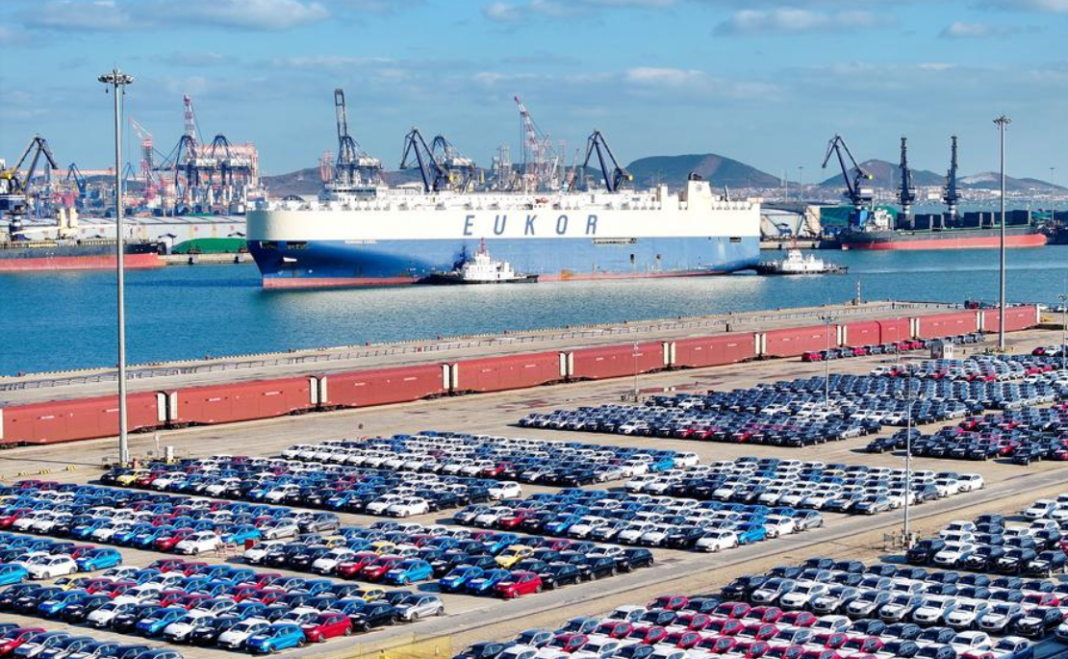Chinese industry organizations have issued a sharp rebuke of the United States’ decision to eliminate duty-free treatment for low-value packages originating from China, calling the move a disruptive and self-defeating blow to global trade.
The U.S. administration announced this week that, effective May 2, packages valued up to $800 from the Chinese mainland and the Hong Kong Special Administrative Region will no longer qualify for duty exemptions. The policy shift marks a significant change in U.S.-China trade relations, ending a long-standing practice that facilitated the flow of small-scale imports.
In a strongly worded statement, the China National Light Industry Council condemned the decision, arguing that it “disrupts the normal trade order between China and the United States” and threatens the stability of global industrial and supply chains. The council, representing a key sector of China’s export economy, warned that the move would undermine cooperation across industries and erode the rights and interests of consumers worldwide—including those in the U.S.
“This is a self-defeating action,” the statement read. “It not only jeopardizes the stability of supply chains for light industrial consumer goods but ultimately harms all parties, including the United States itself.” The group called on the U.S. government to reverse course, urging respect for market principles and the needs of ordinary people. It also appealed to the international community to “jointly resist trade bullying” and defend a fair, mutually beneficial trading system.
Echoing these sentiments, the China National Textile and Apparel Council issued its own statement, denouncing the U.S. policy as a “hegemonic action” that flouts international norms. The council emphasized that duty-free treatment for low-value packages is a widely accepted practice designed to streamline global trade. By scrapping it, the U.S. is “disregarding practical realities” and violating the World Trade Organization’s principle of non-discrimination, the statement argued.
“The U.S. decision increases trade costs, disrupts the international supply chain order, and weakens the resilience of the global textile industry,” the council said. It predicted ripple effects that would ultimately hurt U.S. businesses and consumers alongside their Chinese counterparts.
The escalating rhetoric underscores growing tensions in U.S.-China economic relations, as both sides grapple with competing interests in an increasingly fragmented global market. For years, the duty-free threshold—known as the de minimis exemption—has allowed small packages to enter the U.S. without incurring customs duties, benefiting e-commerce platforms and consumers seeking affordable goods. Critics in the U.S., however, have argued that the exemption has been exploited by Chinese firms to flood the market with low-cost products, undercutting domestic industries.
With the new policy set to take effect in less than a month, analysts expect a significant impact on cross-border trade flows. Chinese exporters, U.S. retailers, and consumers alike now face the prospect of higher costs and logistical challenges as the era of frictionless low-value imports draws to a close.





